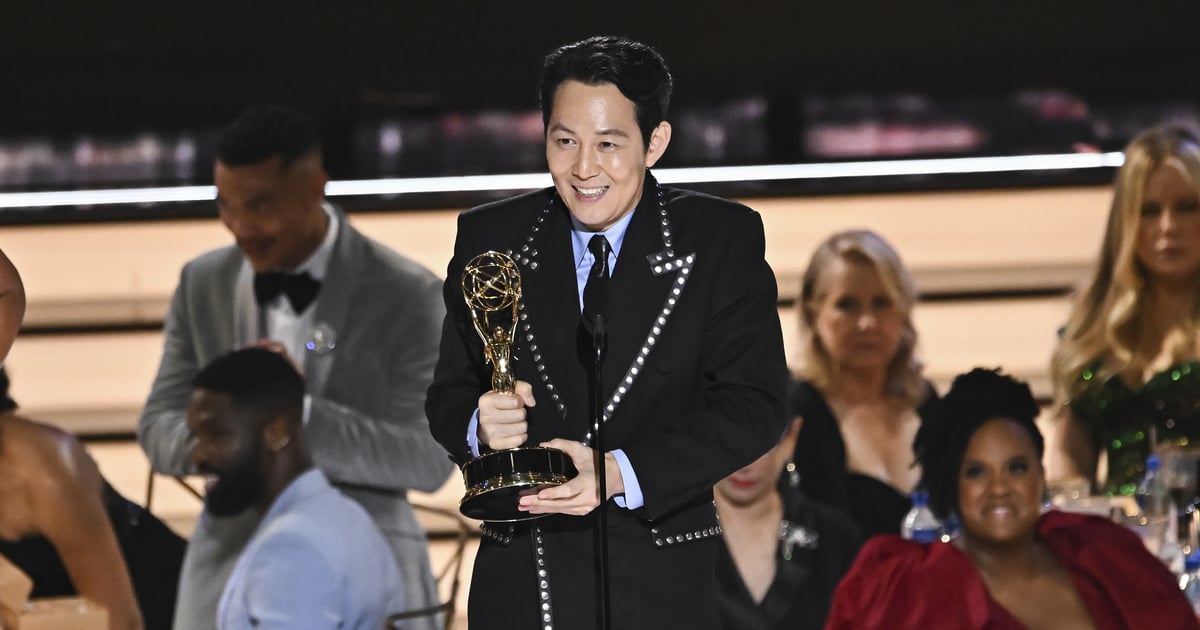Marc Roberts, Michael Comras Plan Miami Medical Pot Stores
Michael Comras and Marc Roberts with Google Street View of the properties at 60 Northeast 11th Street, 6901 Biscayne Boulevard, 2222 Northwest Fifth Avenue and 172 West Flagler Street all in Miami (Google Maps, University of Miami)
South Florida real estate investors and developers Marc Roberts and Michael Comras are the first to push for medical marijuana stores in Miami, after the city’s de-facto ban on the use went up in smoke last month.
Roberts and Comras, as well as licensed medical marijuana provider The Flowery, are asking the Miami Planning, Zoning and Appeals Board to overturn the zoning administrator’s denial of their requests for certificates of use for dispensaries. The board is expected to vote July 6.
The push is the latest in the ongoing feud between real estate owners and medical pot providers against the Miami administration, with City Attorney Victoria Méndez long arguing the use is not allowed because federal law deems medical marijuana as illegal.
Still, proponents now may have a leg up as the Miami City Commission in May went against Méndez’s opinion and voted 3-2 to allow the first dispensary at 90 Northeast 11th Street, a downtown building owned by Roberts and Los Angeles-based real estate investor Romie Chaudhari.
Now, Roberts is back, with an entity he leads asking to open a dispensary at 60 Northeast 11th Street, an adjacent building he also owns, according to the planning and zoning board meeting agenda.
An affiliate of Comras, CEO of Miami Beach-based The Comras Company, wants to open a store at its two-story retail building at 6901 Biscayne Boulevard in the MiMo Biscayne Boulevard Historic District.
The Flowery, led by CEO Elad Kohen and one of the 22 licensed medical cannabis providers in Florida, seeks to open a dispensary at two Moishe Mana-owned buildings, the one-story warehouse at 2222 Northwest Fifth Avenue in Wynwood, and the three-story office building at 172 West Flagler Street in downtown Miami, according to property records and the meeting agenda.
Miami Zoning Administrator Daniel Goldberg had denied issuing the applicants’ certificates of use last year. Although the use is allowed in the state, Miami regulations require the city to follow the more restrictive law when there are conflicts between state and federal rules, Méndez has said in the past.
Louis Terminello, the attorney for the four applications, said the city attorney’s “opinion is different from almost 2,000 other municipal city attorneys across the country.”
Roberts, Comras and The Flowery can open dispensaries if the planning board votes in their favor, although the city zoning office can appeal the vote to commissioners.
Last year, after the zoning office appealed the planning board’s favorable decision for a dispensary at 90 Northeast 11th Street, Roberts and Chaudhari, through an affiliate, sued the city.
Miami’s defense strategy hinged on having the case moved to federal court, where the city could argue federal prohibition superseded the state’s medical marijuana constitutional amendment. In September of last year, Judge K. Michael Moore ruled otherwise, writing in his order that the state allows for cities to ban or regulate the use, but the city never did.
“Unfortunately, for the city, this court has no jurisdiction to fulfill their responsibilities on their behalf,” Moore wrote.
Méndez and Goldberg did not immediately return requests for comment. The city also has not responded to inquiries regarding creating zoning regulations for dispensaries.
Since the commission’s decision in May to approve the use, Terminello said he has seen pent-up interest that is likely to turn into applications.
“What really needs to happen here,” he said, “is the city commission and its staff need to wake up to the fact that we need an ordinance that regulates medical marijuana dispensaries in the city.”



:quality(70)/d1hfln2sfez66z.cloudfront.net/12-06-2022/t_0413c1843c434674af57bebcd8553114_name_11P__MV_Realty_transfer_frame_4056.jpeg)